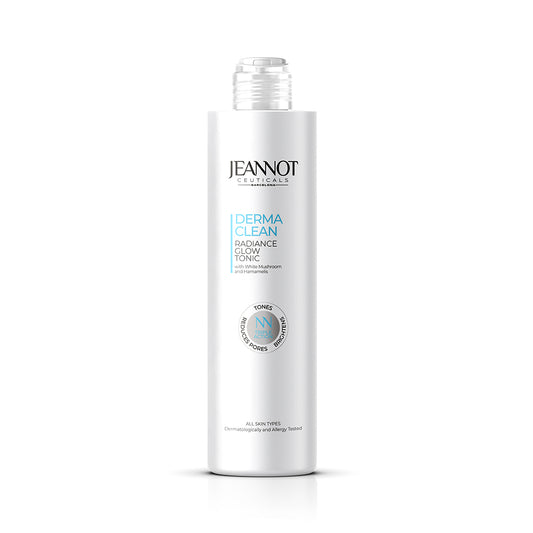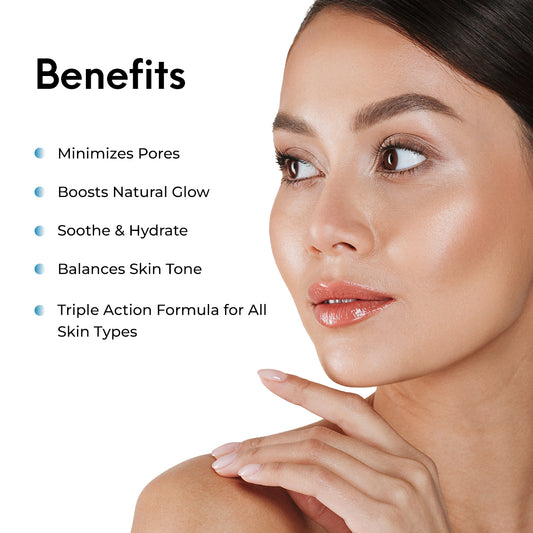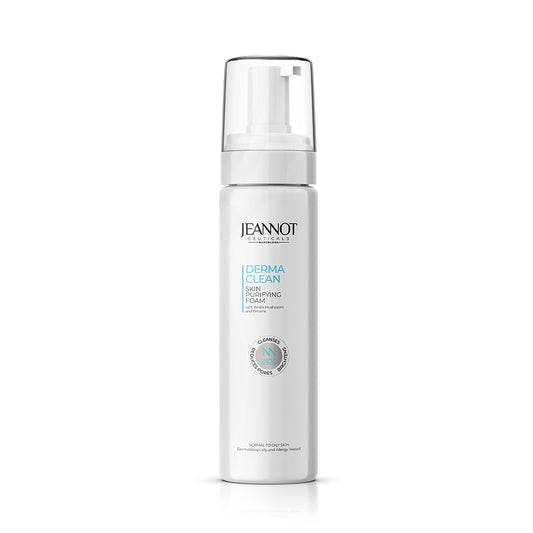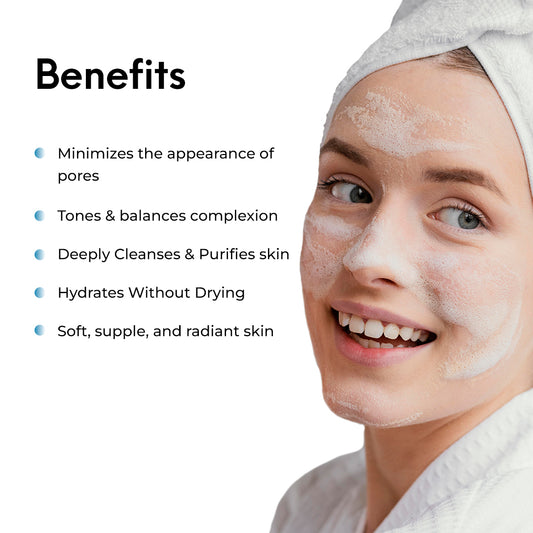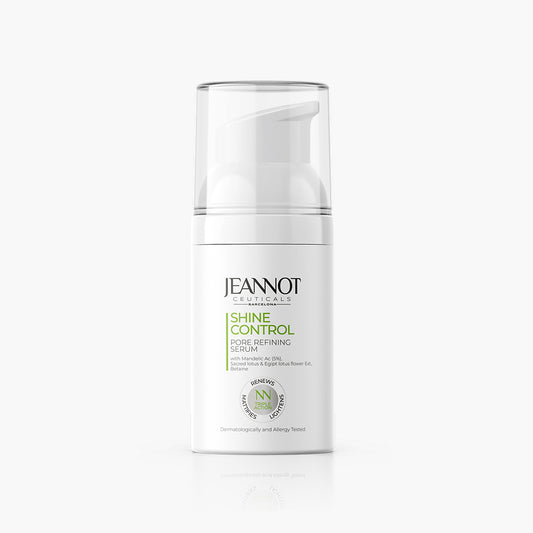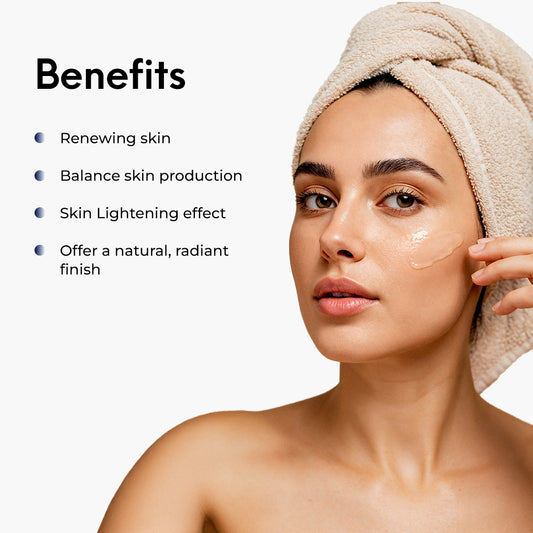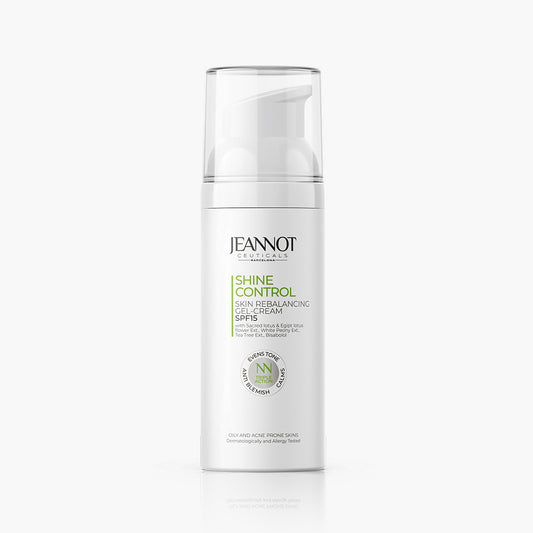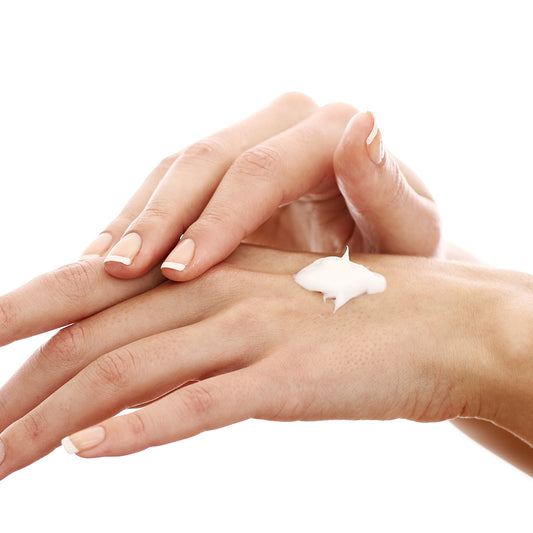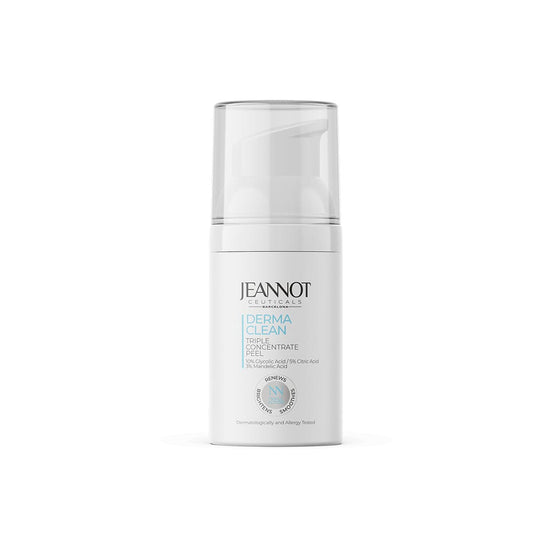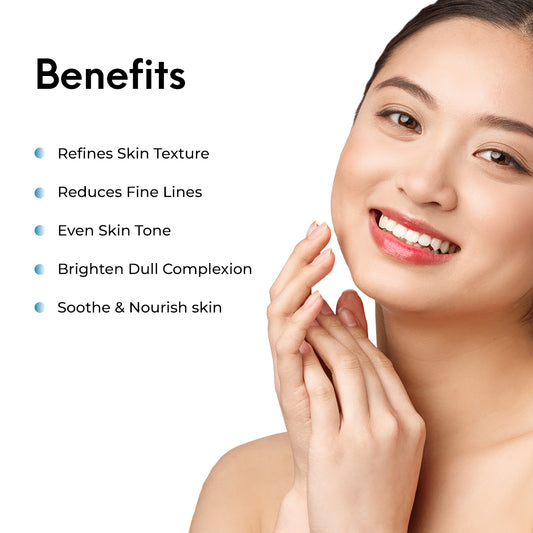Acne Prone Skin
Acne-prone skin is a skin type characterized by a heightened susceptibility to developing acne, a common skin condition that occurs when hair follicles become clogged with oil and dead skin cells. Acne-prone skin tends to be more prone to the formation of pimples, blackheads, whiteheads, and occasionally, more severe forms of acne such as cysts and nodules.
Several factors can contribute to the development of acne-prone skin, including:
- Excess sebum production: Overproduction of sebum, an oily substance produced by the skin's sebaceous glands, can lead to clogged pores and acne formation.
- Dead skin cell buildup: When dead skin cells accumulate on the skin's surface, they can mix with sebum and block hair follicles, leading to the formation of acne lesions.
- Bacteria: The presence of Propionibacterium acnes (P. acnes), a type of bacteria that naturally resides on the skin, can contribute to the development of acne by triggering inflammation and infection within clogged pores.
- Hormonal fluctuations: Hormonal changes, such as those that occur during puberty, menstruation, pregnancy, or due to certain medical conditions, can influence sebum production and increase the likelihood of acne breakouts.
- Genetics: A family history of acne can predispose individuals to developing acne-prone skin.
Acne-prone skin may present with various symptoms, including frequent breakouts, oily skin, enlarged pores, inflammation, and occasional scarring. Managing acne-prone skin typically involves a combination of skincare practices, lifestyle modifications, and, in some cases, medical treatments such as topical or oral medications prescribed by a dermatologist. At Jeannot Ceuticals, we understand the challenges associated with acne-prone skin and the impact it can have on one's confidence and well-being. That's why we've meticulously curated a range of products designed specifically to help you regain control over your acne. With careful consideration of the underlying causes of acne, our team has selected ingredients known for their effectiveness in addressing excess sebum production, unclogging pores, combating bacterial growth, and soothing inflammation. Each product in our acne control lineup is formulated with precision, drawing upon the latest advancements in skincare science and incorporating natural ingredients proven to target acne at its source. Whether you're dealing with occasional breakouts or more persistent acne concerns, our comprehensive range of products offers tailored solutions to help you achieve clearer, healthier-looking skin. At Jeannot Ceuticals, we're committed to empowering you with the tools and resources you need to confidently manage your acne and embrace your skin's natural beauty.

